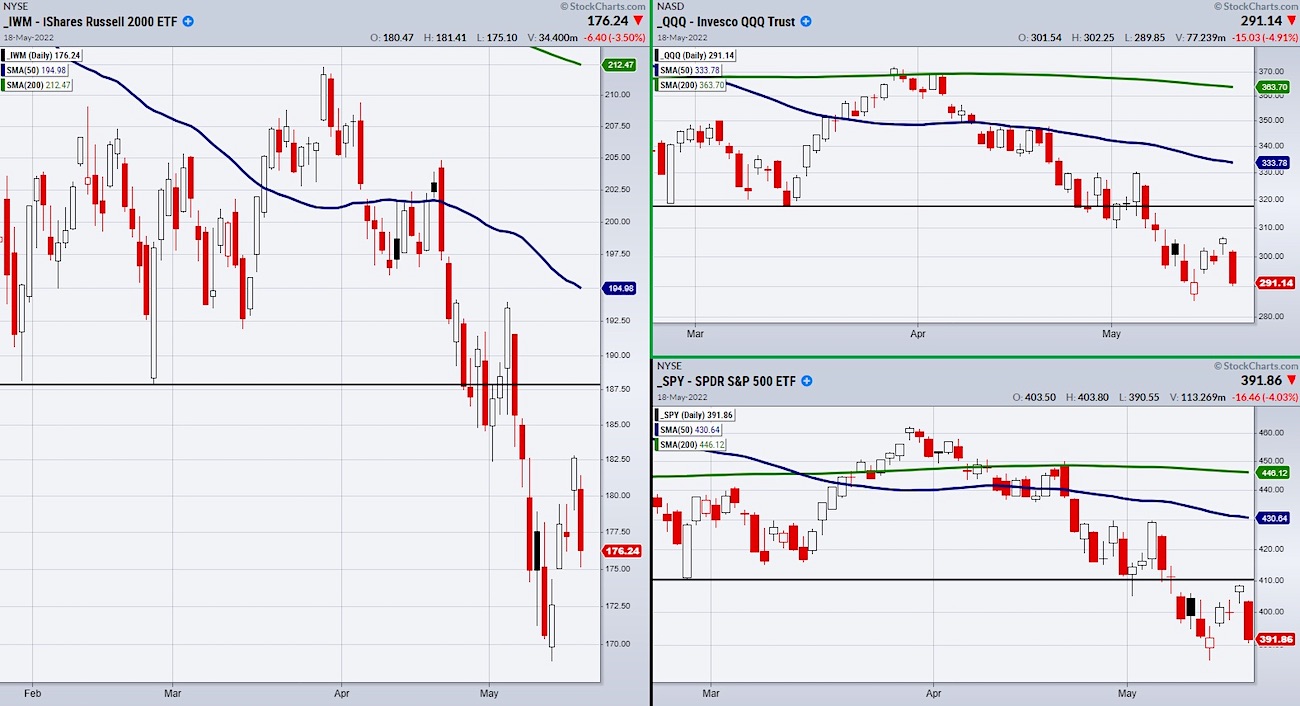Bank of England sold bonds today to speed up QT, will sell more at regular auctions: First major central bank to sell bonds

It went well. Gilt yields are down from panic spikes. Another dream of “hub” traders is going to hell.
By Wolf Richter for WOLF STREET.
The Bank of England today sold, as part of its quantitative tightening (QT), £750 million worth of British government bonds (gilts) at auction. These bonds were among the holdings the BOE had acquired during the QE program since 2009. The bonds it sold today had remaining maturities ranging from around three to seven years.
And so the BOE became the first major central bank to sell bonds as part of its QT.
Back to QT double track to speed up QT.
Bond sales come on top of the classic QT of letting maturing bonds leave the balance sheet without replacing them, which is what the Fed and the Bank of Canada are currently doing.
The BOE has already launched QT in March this year. Three gilt issues matured and rolled off the balance sheet in 2022 without replacement: in March (£27.9bn), July (£3.2bn) and early September (£5.9bn). pounds sterling), for a total of 37.1 billion pounds sterling.
Over the next 12 months, another £35bn of gilts will mature and leave the balance sheet. Outright sales of gilts, including today’s sale, are in addition to deadlines.
So now the BOE is back on a two-track with its QT: through outright bond sales and letting maturing bonds off the balance sheet.
These maturities of gilts are rare – around two to five maturities per year – because the BOE holds very long-term gilts. Its oldest gilt issue will not mature until 2071. Over the next 10 years, £430 billion worth of gilts will mature, just under half of its current gilt holdings of 837 £.9 billion.
To speed up QT, the BOE launched its outright bond sale program at regular auctions. On October 20, the BOE presented the revised schedule for gilt sales in the fourth quarter of 2022. Over the next five weeks, from November 1 – today’s sale – to December 8, the BOE will hold eight auctions, selling short and medium maturity gilts. , £750million at each auction, for a total of £6billion in five weeks. One less, seven more.
The BOE has announced that it will announce the auction schedule for the first quarter of 2023 on December 16. The dual-track QT is back on track.
There had been a hiccup: death of the pension fund-spiral interlude.
Today’s bond sale should have taken place in early October. That was the plan. The BOE’s monetary policy committee had voted at its September 22 meeting to start selling gilts from the beginning of October.
But on September 28, the whole plan was frozen when highly leveraged UK pensions with £1.5 trillion of liability-driven investment funds (LDIs) threatened to implode, as the LDI strategy was not designed for the long-term surge in gilt. yields. Pension funds received margin calls from the investment banks that sold them these LDI strategies, and they were dumping gilts and other assets to meet those margin calls, causing prices to plunge further. gilts and driving up yields, which further threatened pension funds, creating a death spiral for gilts that began to spread to other assets.
The BOE intervened on September 28, announcing that it would buy large amounts of long-term gilts over a two-week period to calm the gilt market, and that it would suspend its planned bond sales until November.
This was instantly touted as another “pivot” by Wall Street pivot dealers who had been predicting central bank pivots left and right since May in order to manipulate markets higher. Famous hedge fund managers and bond fund managers with a strong presence on social media spread the word and appeared on television to tell this pivotal story, and it was eagerly greeted by the crowd and spread from of the.
Meanwhile, the BOE bent over backwards to explain that this was not a return to QE, but a brief effort to calm the panic and give pension funds time to deleverage their derived positions related to LDI.
His main objective is to contain raging inflation at 10%, and he needs rate hikes and QTs, but he also needs the markets not to panic over pension funds.
The BOE ended up buying just £19bn worth of gilts, far less than the £90bn worth of gilts it said it could buy. And as announced, the operation ceased on October 14.
So now the dual-track QT is back, and more rate hikes are in store. It has already raised its key rate seven times, including by 50 basis points at its September meeting, to 2.25%.
The markets have calmed down. The government that scared the bond markets is gone. A new government is installed. Everyone is going to have to pay more taxes, he said, which further calmed the bond market. The vigilantes of the bond had risen from the dead and had won their first battle in many years. The bond market has calmed down. The 10-year gilt yield fell about 110 basis points from the panic peak to 3.46%. And the BOE can proceed with rate and QT hikes.
Do you like to read WOLF STREET and want to support it? You use ad blockers – I completely understand why – but you want to support the site? You can donate. I greatly appreciate it. Click on the mug of beer and iced tea to find out how:
Would you like to be notified by e-mail when WOLF STREET publishes a new article? Register here.
![]()





